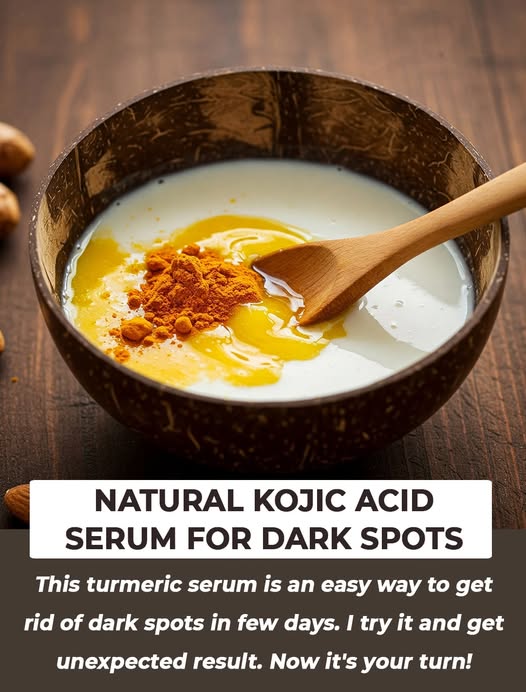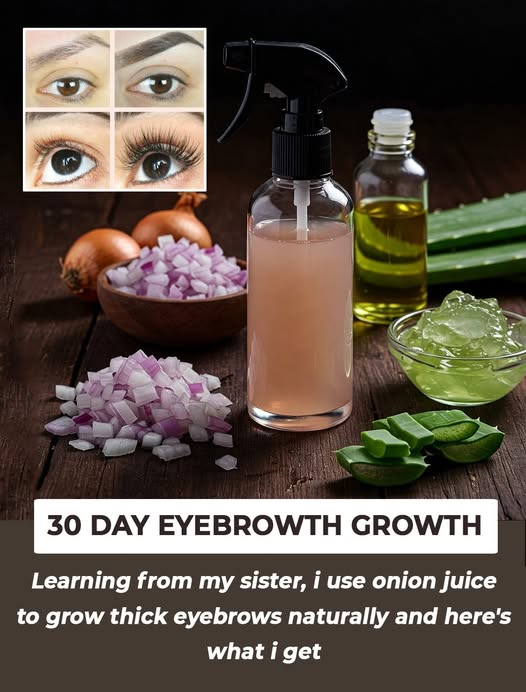Introduction
Corn, often called the “golden grain,” is more than just a delicious snack or a side dish—it’s a powerhouse of nutrition with remarkable health benefits. Boiled corn, in particular, stands out as one of the simplest yet most effective ways to enjoy this superfood. Whether you enjoy it on the cob with a pinch of salt or as part of a hearty salad, boiled corn delivers a wide range of vitamins, minerals, antioxidants, and fiber that support your overall well-being.
But did you know that eating boiled corn can help with weight management, boost digestion, strengthen immunity, and even protect your heart? In this article, we’ll explore 12 amazing health benefits of eating boiled corn, answer some frequently asked questions, and show you why this humble grain deserves a permanent spot in your diet.
1. Boiled Corn Supports Healthy Digestion
Boiled corn is packed with dietary fiber, making it a natural digestive aid. Fiber adds bulk to your stool, promotes regular bowel movements, and helps prevent constipation. Studies show that adults need about 25–38 grams of fiber daily, and a single cup of boiled corn provides nearly 4 grams—a significant boost toward your daily needs.
Key takeaway: Regularly eating boiled corn can improve gut health, regulate digestion, and reduce the risk of digestive disorders like diverticulitis.
2. Rich Source of Energy
If you’re looking for a natural energy booster, boiled corn should be your go-to snack. It’s loaded with complex carbohydrates, which provide a steady release of glucose into your bloodstream. Unlike refined sugars, these complex carbs prevent sudden energy crashes, keeping you energized throughout the day.
Athletes and busy professionals often include corn in their meals because it’s both satisfying and sustaining.
3. Boosts Heart Health
Corn contains compounds like folate, magnesium, potassium, and antioxidants that are crucial for heart health. Potassium helps regulate blood pressure, while magnesium supports normal heart rhythm. Furthermore, the antioxidants in corn, such as lutein and zeaxanthin, combat oxidative stress, reducing the risk of cardiovascular diseases.
According to the American Heart Association, diets rich in potassium can reduce the risk of stroke by up to 27%. Adding boiled corn to your meals is a delicious way to protect your heart.
4. Helps Manage Weight Naturally
For those trying to lose or maintain weight, boiled corn is a perfect addition. Its high fiber content keeps you full for longer, reducing unnecessary snacking. Additionally, a cup of boiled corn contains only about 140 calories, making it a nutrient-dense, low-calorie food.
When combined with regular exercise, corn can be an effective food for weight management without leaving you feeling deprived.
5. Strengthens Immunity
Boiled corn is an excellent source of vitamin C, antioxidants, and essential minerals, all of which contribute to a stronger immune system. Vitamin C stimulates white blood cell production, which helps your body fight infections. The antioxidants further protect your body against free radicals that can weaken immunity.
Regular consumption of boiled corn may lower the risk of colds, flu, and other common illnesses.
6. Supports Eye Health
Corn contains high levels of lutein and zeaxanthin, antioxidants known to promote eye health. These compounds protect your eyes from harmful blue light and reduce the risk of age-related macular degeneration (AMD), one of the leading causes of blindness.
In fact, studies suggest that individuals with a diet rich in lutein and zeaxanthin have a 43% lower risk of developing AMD. A simple bowl of boiled corn can go a long way in protecting your vision.
7. Promotes Healthy Skin
Corn is rich in antioxidants and essential vitamins like vitamin C and E, which help fight premature aging. These nutrients support collagen production, keeping your skin firm, smooth, and youthful. Boiled corn also provides hydration due to its water content, making it excellent for maintaining glowing skin.
Pro tip: Incorporating boiled corn in your diet, alongside drinking plenty of water, can give your skin a natural and healthy radiance.
8. Regulates Blood Sugar Levels
Contrary to the belief that corn is “too starchy,” research shows that the resistant starch and fiber in boiled corn help slow down sugar absorption, preventing sudden spikes in blood sugar. For individuals with type 2 diabetes, moderate consumption of boiled corn can be a safe and beneficial choice when combined with a balanced diet.
Always consult your doctor before making major dietary changes if you’re diabetic, but know that boiled corn can be a supportive food option.
9. Improves Bone Strength
Corn contains important minerals such as magnesium, phosphorus, and manganese, all of which are essential for strong bones. Magnesium helps in calcium absorption, while phosphorus strengthens bone structure.
Regularly including boiled corn in your diet can reduce the risk of osteoporosis and bone fractures as you age.
10. Supports Healthy Pregnancy
For expectant mothers, boiled corn can be particularly beneficial. It’s rich in folate (vitamin B9), which is crucial for fetal brain and spine development. Folate deficiency during pregnancy can lead to serious complications like neural tube defects.
Adding boiled corn to a pregnancy diet provides a natural and delicious way to ensure proper nutrition for both mother and baby.
11. Enhances Brain Function
Corn is a natural source of vitamin B1 (thiamine), which plays a key role in cognitive function and memory. Thiamine supports healthy nerve signaling and boosts brain activity, making boiled corn an excellent food for students, professionals, and older adults alike.
Fun fact: A deficiency in thiamine has been linked to reduced memory and concentration levels. Boiled corn offers an easy way to keep your brain sharp.
12. Promotes Longevity and Disease Prevention
The antioxidants in corn, such as ferulic acid, anthocyanins, and phenolic compounds, help protect the body against chronic diseases including cancer and heart disease. These antioxidants neutralize free radicals, reduce inflammation, and support overall longevity.
Research has shown that populations consuming diets high in antioxidants tend to have a longer life expectancy and better quality of life.
Frequently Asked Questions (FAQs)
1. Is boiled corn good for weight loss?
Yes. Boiled corn is low in calories, high in fiber, and helps you stay full for longer, making it an excellent choice for weight loss diets.
2. Can people with diabetes eat boiled corn?
Yes, but in moderation. The fiber and resistant starch in boiled corn help regulate blood sugar levels. Always consult your healthcare provider before including it regularly in a diabetic diet.
3. How many calories are in boiled corn?
One cup of boiled corn contains about 140 calories, making it a nutrient-rich, low-calorie option for snacks or meals.
4. Is boiled corn better than fried corn?
Absolutely. Boiled corn retains its nutrients without added fats or oils, while fried corn can significantly increase calorie and fat content.
5. Can children eat boiled corn?
Yes. Boiled corn is safe, nutritious, and a great source of energy for children. However, ensure the kernels are soft and easy to chew for younger kids.
Conclusion
Boiled corn is more than just a tasty comfort food—it’s a nutritional powerhouse that supports digestion, boosts immunity, strengthens bones, protects your heart, and even promotes glowing skin. With its rich content of fiber, antioxidants, vitamins, and minerals, it is a versatile food that can improve your overall health when consumed regularly.
Whether you’re looking to manage your weight, support your eye health, or simply enjoy a filling and delicious meal, boiled corn has something to offer. Next time you’re planning your meals, remember these 12 amazing health benefits of eating boiled corn—and don’t miss out on the golden grain’s potential to transform your health.



